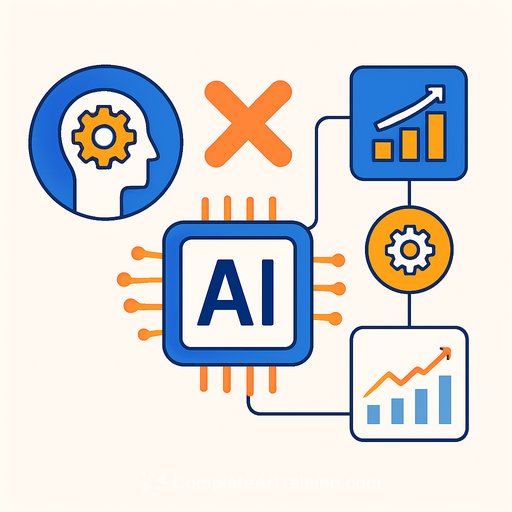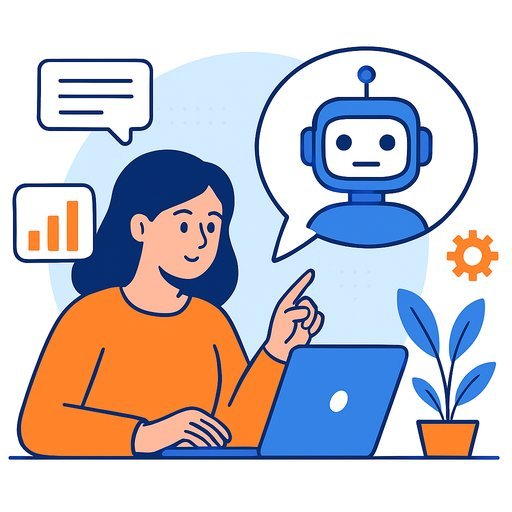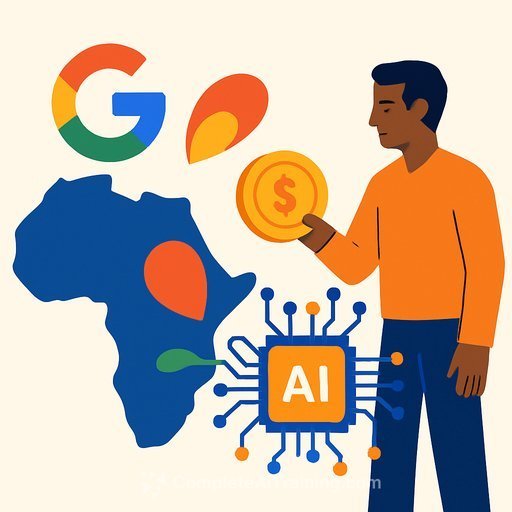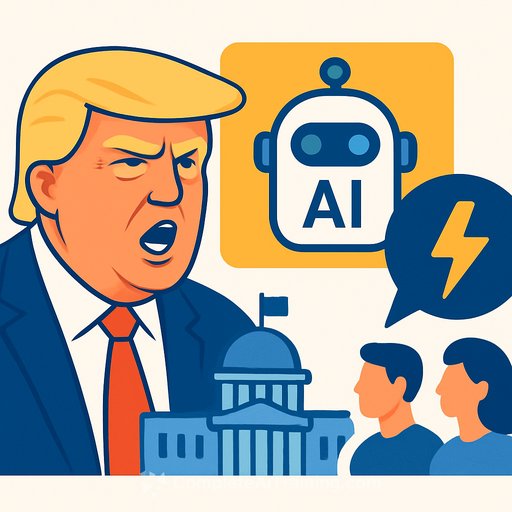Why AI Agents Have Fallen Short So Far
Last year, tech giants were buzzing about AI "agents" as the next big breakthrough expected in 2025. These AI agents promised to move beyond simple chatbots and actively handle tasks for you—shopping, booking travel, managing calendars, summarizing news, tracking finances, and even maintaining complex software systems.
The vision was bold: AI agents capable of performing any cognitive task a human assistant might do. By the end of 2024, companies like Google, OpenAI, and Anthropic announced their first AI agents were close to launch. Predictions ranged from AI matching the capabilities of PhD-level professionals to AI agents joining the workforce in a meaningful way.
Where Are We Now?
Despite the hype, AI agents remain largely unreliable except in very narrow use cases. For example, Google's Project Astra is still in beta and only available to a limited group of testers. OpenAI’s ChatGPT agent, while promising in theory, is still early stage and prone to errors.
The ChatGPT agent can interact with your calendar, browse websites both textually and visually, and execute commands in a virtual environment. It adapts its approach for different tasks and can juggle multiple tools while keeping context. However, it still makes mistakes that limit its practical utility, especially when handling sensitive data.
Reality vs. Hype
By March 2025, the gap between expectations and reality became clearer. Some AI agent projects, like Manus, quickly faded after initial excitement. Reports from the coding community highlight how AI coding agents often generate large amounts of repetitive, hard-to-debug code, adding to technical debt rather than reducing it.
Experts warn that AI agents’ errors tend to compound over time. A benchmark using real financial data showed AI struggles to maintain accuracy in tasks like account balance tracking. Hallucinations—false or fabricated outputs—remain a persistent problem.
Recent studies reveal failure rates up to 70% on some agent tasks, alongside vulnerabilities to cyberattacks. Even the most secure systems have been compromised regularly, underscoring the risks of deploying these agents in critical environments.
Why Are Current AI Agents So Flawed?
At their core, large language models (LLMs), which power most AI agents today, rely on mimicry rather than genuine understanding. They predict likely word sequences instead of grasping the meaning or consequences of their actions. This leads to mistakes like deleting the wrong data or inventing fake calendar entries.
Multi-step tasks, which are common for agents, multiply the chances for errors. These errors can accumulate and sometimes cause serious failures.
The Road Ahead
AI agents aren't going away. When they improve, they could save enormous amounts of time. But current LLM-based agents fall short of the "trustworthy AI" needed for reliable assistance. Pure scaling of LLMs is hitting diminishing returns, and breakthroughs in neurosymbolic AI—which combines symbolic reasoning with deep learning—may be necessary to build truly capable agents.
Investment continues heavily in LLMs, but alternative approaches remain underfunded. Many investors seem reluctant to explore new directions that might take longer to pay off.
For IT professionals and developers, this means caution is warranted when adopting AI agents for critical tasks. Expect ongoing improvements but plan for limitations and risks in current tools.
Conclusion
AI agents today are more hype than help. They show potential but are far from the reliable assistants promised by tech leaders. Until AI advances beyond pattern mimicry to deeper reasoning and integrated world models, agents will struggle with accuracy, security, and trust.
If you want to stay updated on AI tools and practical applications, consider exploring the latest courses and training resources available at Complete AI Training.
Your membership also unlocks:






